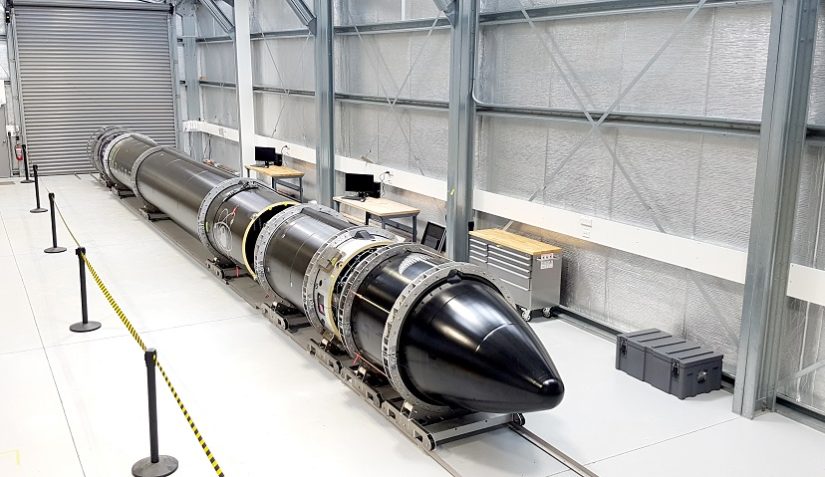The private space exploration ecosystem is steadily ballooning to incorporate new, trustworthy players. One such new entrant would have to be Rocket Lab, who’s looking to carve a niche for itself in the small orbital satellite launch space with its new Electron rocket. It has today announced that it plans to conduct its first-ever trial rocket launch from a private facility in New Zealand.
In the official blog post, Rocket Lab mentions that the first launch attempt of the Electron rocket will happen in a 10-day launch window. It opens on May 21, 2017, at 9:00 pm GMT (or 2:30 am IST or 5:00 pm PST) and the Electron will take-off from the company’s self-constructed, private launch facility — Launch Complex 1 — on the Mahia Peninsula in New Zealand. The test rocket launch has been aptly named ‘It’s a test’ by the company, for keeping things simple and mellow.
It has further been mentioned that the primary objective behind this launch is the collection of over 20,000 points of data. The blog post mentions that there’s a definite possibility of the company canceling on the mission more than once during the period of the launch window. Rocket Lab says that the Electron is ‘not going to fly unless we’re ready’ and it’ll continue to fine-tune the system and wait for favorable weather condition.
Speaking on this fast-approaching launch window, Rocket Lab’s chief executive Peter Beck in a statement said:
This is a significant milestone for Rocket Lab and the space industry globally. We are about to enter the next phase of the Electron program, which will see the culmination of years of work from our dedicated team here at Rocket Lab.
Rocket Lab was founded by Beck way back in 2006 with the goal of, what he simply mentions as, making space accessible to everyone. It is looking to simplify space flights by conducting low-cost, high-frequency space flights using its Electron rocket in the near future. It is tapping the burgeoning small satellite business to make its mark on the space industry, which has recently seen much action from private players like SpaceX, Blue Origin, and Virgin Galatic among others.
The company’s first launch vehicle, Electron, consists of two rocket stages (similar to SpaceX’s Falcon 9) and has been designed to carry a maximum of 225 kilograms of payload (nominal — 150 kilograms). The rocket has been constructed using advanced carbon composite materials to provide it with a strong but lightweight structure — even the Oxygen/Kerosene tanks have been made out of the same.
However, the highlight of the rocket design will have to the nine 3-D Rutherford engines that will power the main propulsion system of the Electron rocket. It will place on manufacturing one rocket per week and selling it for $4.9 million to place small satellites into the 500-kilometer orbit above the Earth. It has also already signed on customers such as NASA, Planet, Spire, and Moon Express and aims to conduct launches every 72 hours in the future.
This notable development comes on the heels of the company’s recent $75 million fundraising round, secured back in March 2017. It secured capital from investors, including the likes of Data Collective, with participation from Promus Ventures, Bessemer Venture Partners, Khosla Ventures, and K1W1. Rocket Lab is now a ‘unicorn’ as it was valued at around $1.4 billion during this fundraising round. This capital is being utilized to develop the company’s New Zealand and the United States facilities, along with a constant focus on the development of 3D printed Rutherford engines and Electron rocket.
The Tech Portal is published by Blue Box Media Private Limited. Our investors have no influence over our reporting. Read our full Ownership and Funding Disclosure →






